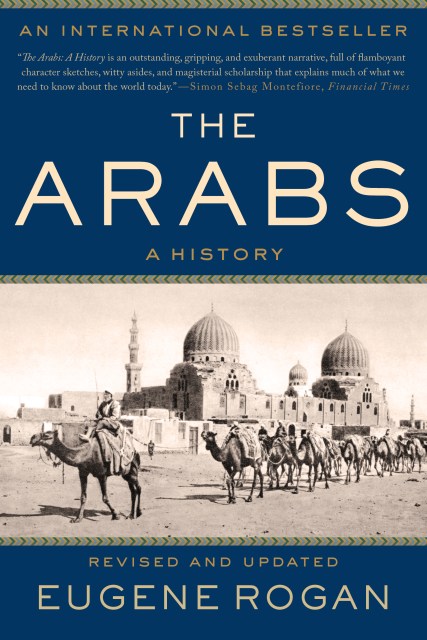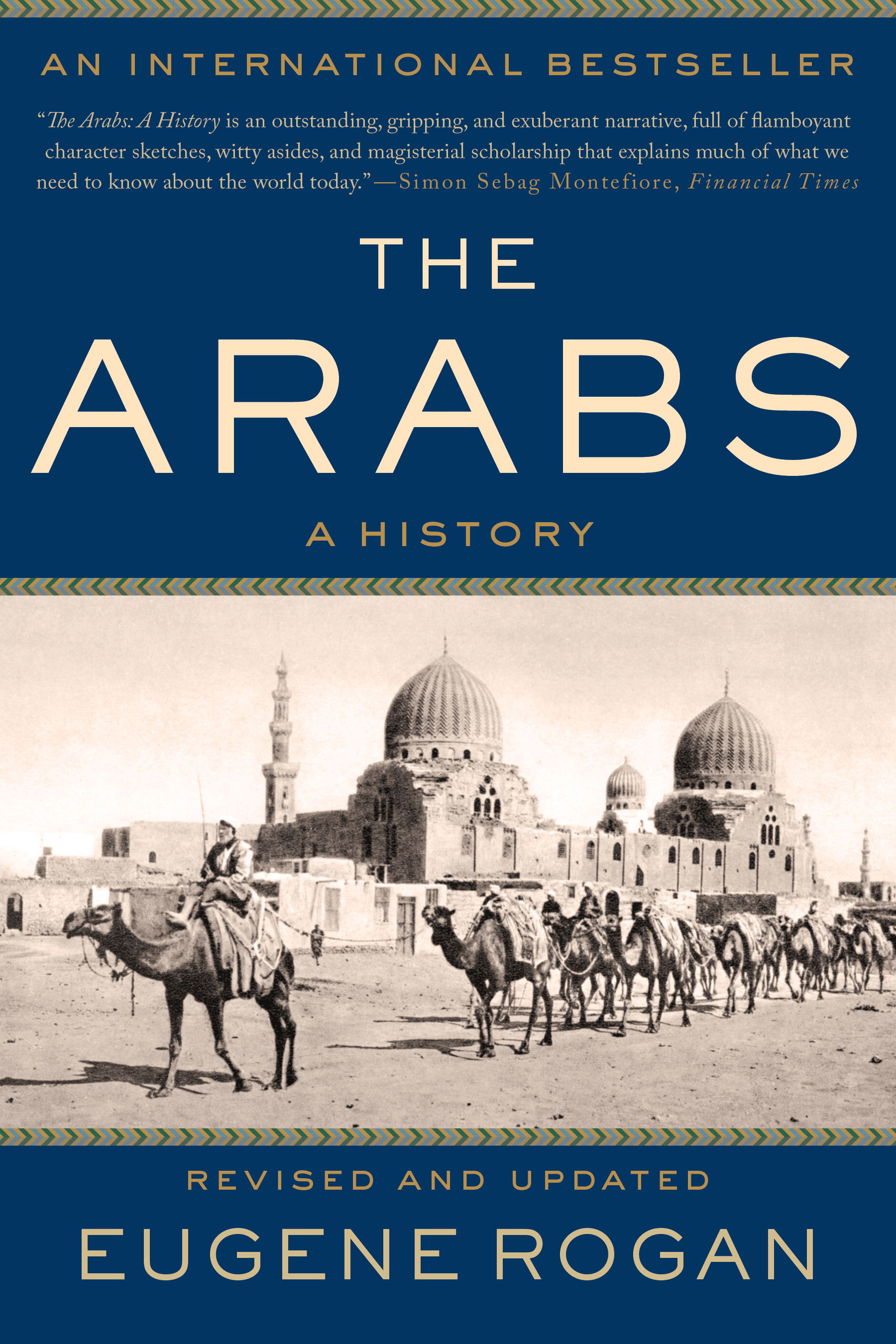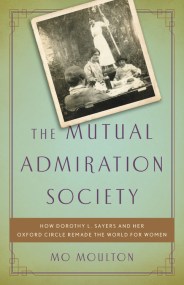By clicking “Accept,” you agree to the use of cookies and similar technologies on your device as set forth in our Cookie Policy and our Privacy Policy. Please note that certain cookies are essential for this website to function properly and do not require user consent to be deployed.
The Arabs
A History
Contributors
By Eugene Rogan
Formats and Prices
- On Sale
- Apr 10, 2012
- Page Count
- 608 pages
- Publisher
- Basic Books
- ISBN-13
- 9780465032488
Price
$15.99Price
$20.99 CADFormat
Format:
- ebook $15.99 $20.99 CAD
- Trade Paperback (Revised) $24.99 $32.99 CAD
This item is a preorder. Your payment method will be charged immediately, and the product is expected to ship on or around April 10, 2012. This date is subject to change due to shipping delays beyond our control.
Buy from Other Retailers:
In this groundbreaking and comprehensive account of the Middle East, award-winning historian Eugene Rogan draws extensively on five centuries of Arab sources to place the Arab experience in its crucial historical context. This landmark book covers the Arab world from North Africa through the Arabian Peninsula, exploring every facet of modern Arab history. Starting with the Ottoman conquests of the sixteenth century, Rogan follows the story of the Arabs through the era of European imperialism and the superpower rivalries of the Cold War to the present age of American hegemony, charting the evolution of Arab identity and the struggles for national sovereignty throughout.
In this updated edition, Rogan untangles the latest geopolitical developments of the region. The Arabs is essential reading for anyone seeking to understand the modern Arab world
-
"A rich, galloping narrative that spans the Arab world from Morocco to Yemen to Iraq… Rogan’s The Arabs: A History is an outstanding, gripping and exuberant narrative, full of flamboyant character sketches, witty asides and magisterial scholarship, that explains much of what we need to know about the world today."Simon Sebag Montefiore, Financial Times
-
"[Rogan] provides a prism through which the lay Westerner can view five centuries of tumult, zealotry, and complication…. Deeply erudite and distinctly humane, Rogan consistently plays up (and never papers over) the bountiful East-West parallels."Atlantic
-
"Readable and reliable, this sweeping survey balances the unity of a coherent story with due attention to detail. As such, Rogan’s contribution belongs in the company of the earlier classics by Hitti and Hourani."Foreign Affairs
-
"Rogan manages the somewhat staggering feat of outlining nearly 500 years of history in a way that is neither cursory nor overwhelming – and is based in the experiences of the people themselves…. [Rogan’s] ability to gather and synthesize such a wealth of information, showing both the humanity and malice present on all sides, while neither bowing to nor accepting conventional wisdom, is truly remarkable. It’s to be hoped that America’s decision makers get their hands on a copy of The Arabs – and take very good notes."Dallas Morning News
-
“[A]n entertaining, gracefully written, and eye-opening look at a diverse people whose history, culture and character are often badly misunderstood (if not actively distorted) here in the United States. Read it. You’ll learn a lot.”Stephen M. Walt, ForeignPolicy.com
-
"The vivid narrative of The Arabs is… eloquent, and compulsively readable."The Guardian (UK)
-
"[The Arabs], which starts with the Ottoman Turks’ conquest of the Arab world in 1516-17, offers a strikingly vivid and authoritative account of its subsequent experience… [Rogan’s] rehearsal of recent Middle East history is impeccable."Times (UK)
-
"Rogan’s brilliant book is clear-eyed and balanced. Mixing academic rigour with a lively narrative style, The Arabs: A History is required reading for anyone seeking to understand the background to the mess that the Arabs find themselves in."Spectator (UK)
-
"[A] fascinating [story], and exceedingly well told…. What makes [Rogan’s] book particularly useful is the way it situates [the Arab-Israeli conflict] within the wider context of the Arabs’ long, and still unsuccessful, struggle to come to more equal terms with the West. Europeans in particular, and also Americans, need their memories jogged about just how arrogant, duplicitous and frequently stupid their governments have been in dealing with the Middle East…. [An] exemplary history."Economist (UK)
-
"Very much a modern history… Rogan gives a lucid account of political developments throughout the Arab lands, unpicking messy tangles such as the Lebanese civil war or the fragmentation of Palestinian political movements."Sunday Telegraph (UK)
-
"An incredibly ambitious book… wonderfully inclusive and articulate and knowledgeable, pretty much indispensable."Scotsman (UK)
-
"A straightforward, careful primer on Arab political history from the rise of the Ottoman Empire to the forging of modern fundamentalist Islamic entities…. A sweeping history."Kirkus
-
"Framing modern history as viewed from the Arab world, Rogan eruditely furnishes Western readers with a background to current events."Booklist
-
"No better guide to the modern history of the Arab world could be found than Eugene Rogan. He is attentive as much to the insider accounts in Arab memoirs as to the imperial schemes hatched in drawing rooms in Paris and London, as concerned with popular movements and uprisings as with elite reformism, and unafraid to confront directly and with the best evidence and documentation available the vexed issues of colonialism, Orientalism, and the Arab-Israeli conflict. Rogan achieves a rare, and realistic synoptic vision of the way in which Arabness has been shaped by both indigenous forces and Western imperial ones. In recent years, the United States has attempted to rule Arabs while carefully avoiding knowing anything about them, a strategy that has yielded all too predictable results. Those in the West who aspire to engage the Arab world in more productive ways in the future will find Rogan an indispensable companion."Juan Cole, author of Engaging the Muslim World
-
"A masterful, thorough, and well-written survey of the entire sweep of modern Arab history. Full of lively vignettes but comprehensive at the same time, this book will be of great interest both to general readers and students of the Arab world."Rashid Khalidi, Columbia University
-
"Eugene Rogan writes about the Middle East with exceptional empathy, wisdom, and insight. His book is a landmark in scholarship on this complex and controversial region. Western scholars have written extensively about the Middle East but mostly from the outside looking in. The Arabs often feature in their accounts as mere driftwood on the sea of international affairs. Rogan, by contrast, has narrated the history of the region over the last five centuries from the inside looking out. He tells the history of the Arabs from their own perspective, using an impressive range of Arabic sources. It is a fascinating story and in Eugene Rogan it has found its most gifted chronicler."Avi Shlaim, author of The Iron Wall: Israel and the Arab World
-
"Anyone who seeks to understand why the Islamic world bears a grudge against the West should read The Arabs. Few scholars know their subject better than Eugene Rogan, while even fewer are capable of rendering so complex a subject so engagingly readable. It is a joy to open, and a deprivation to put down."Sir Alistair Horne, author of A Savage War of Peace
-
“With eloquence, verve, and understanding, Eugene Rogan rightly reminds us that the world, and the Arabs themselves, need to remember the past. If we are to build a better relationship between the Arab world and the West, if we are to avoid making the same mistakes again and again, we need to know Arab history from its many high points to its low ones. I can think of no better guide on this crucially important journey than The Arabs.”Margaret MacMillan, author of Paris 1919 and Nixon and Mao
Newsletter Signup
By clicking ‘Sign Up,’ I acknowledge that I have read and agree to Hachette Book Group’s Privacy Policy and Terms of Use







